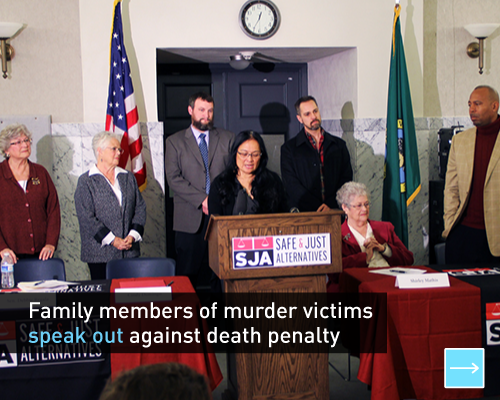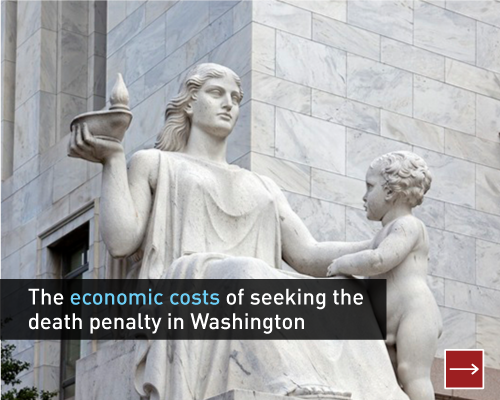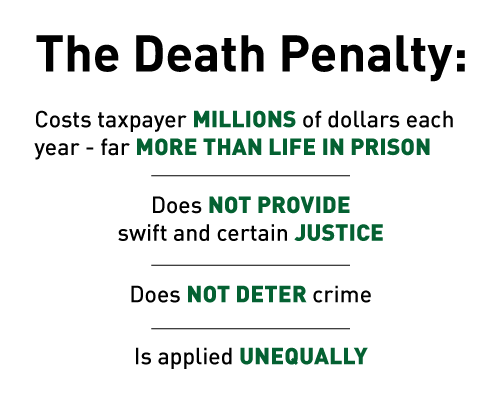Published:
Tuesday, October 12, 2010Defense attorney Mark Larrañaga visits Bellingham to speak about his experience as an attorney for defendants facing the death penalty.
How many people does an execution affect? Prior to hearing Mark Larrañaga’s insights into the vast reaches of the death penalty, I naturally assumed that the defendant, his or her family, the victim(s), and the victim’s family were the principle people affected by the death penalty. I never considered how deeply jurors, attorneys, and their families can be affected.
Years after a trial had come to an end, some jurors’ family members are brought to tears just talking about it. These persons are often so affected by the lengthy, emotionally straining process of a death penalty trial that they too often turn to substance abuse to help them cope. “He’s never been the same. He started hitting the bottle pretty hard when the trial ended,” one woman said of her husband’s experience as a juror. Mr. Larrañaga has become so keenly aware of how traumatizing a death penalty trial can be that in many of his cases he has requested that counselors be available to all involved parties after the trial is concluded.
Read more








